Our students moved in to their host families this past weekend! There were nerves and excitement from everyone - but mostly just excitement! After their first encounters the students were off with their Yucatecan families for the weekend.
Students spent the weekend getting acquainted with their new homes: they helped with the cooking, went to concerts, attended religious celebrations, and ate lots of new delicious food!
The host families are one of the most enriching parts of the immersion program. The connections made by sharing your lives, culture, and food together for the next two months is sure to leave unforgettable marks.
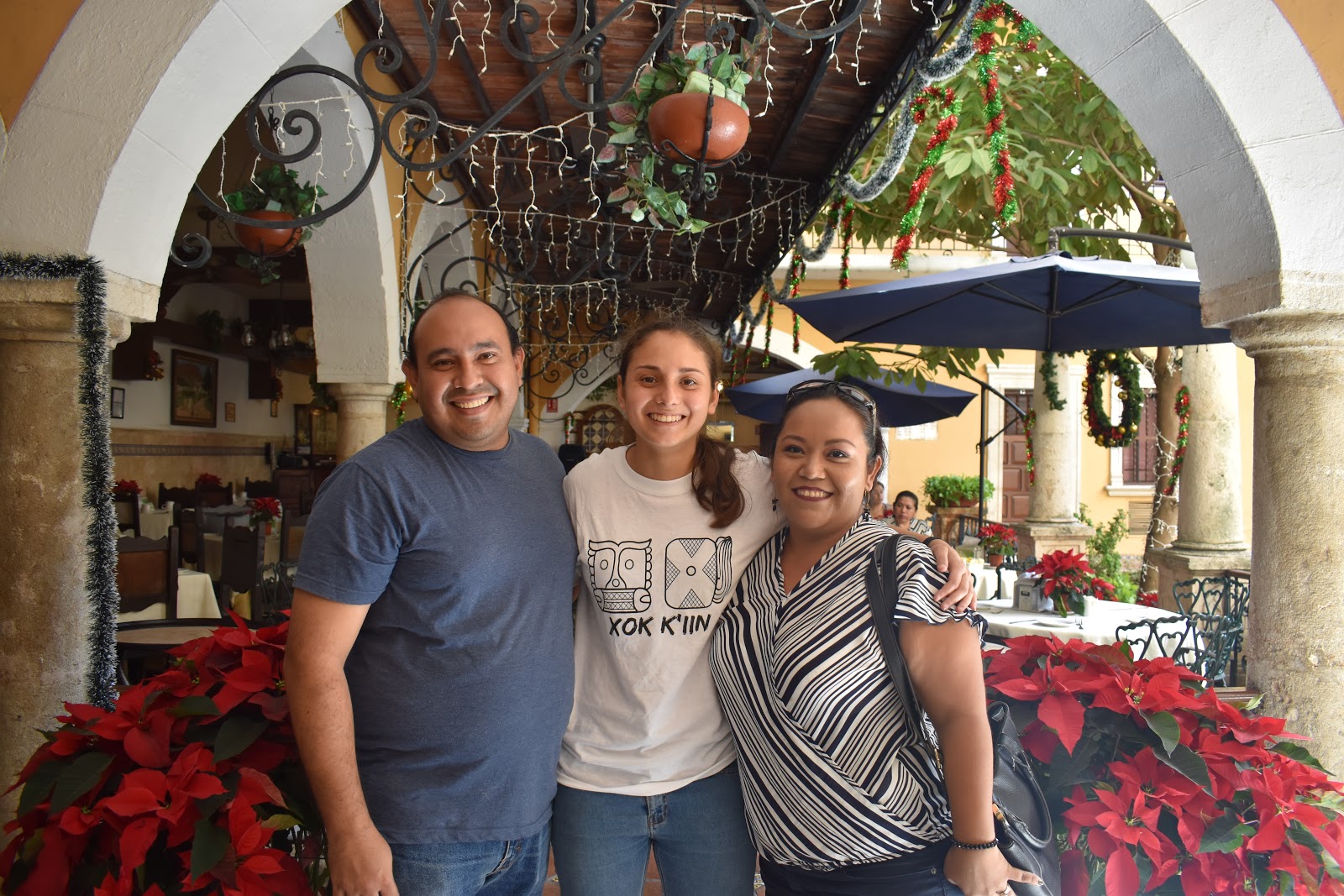 |
| Bianca and her family. |
 |
| Julia and her mom. |
 |
| Halle and her mom. |
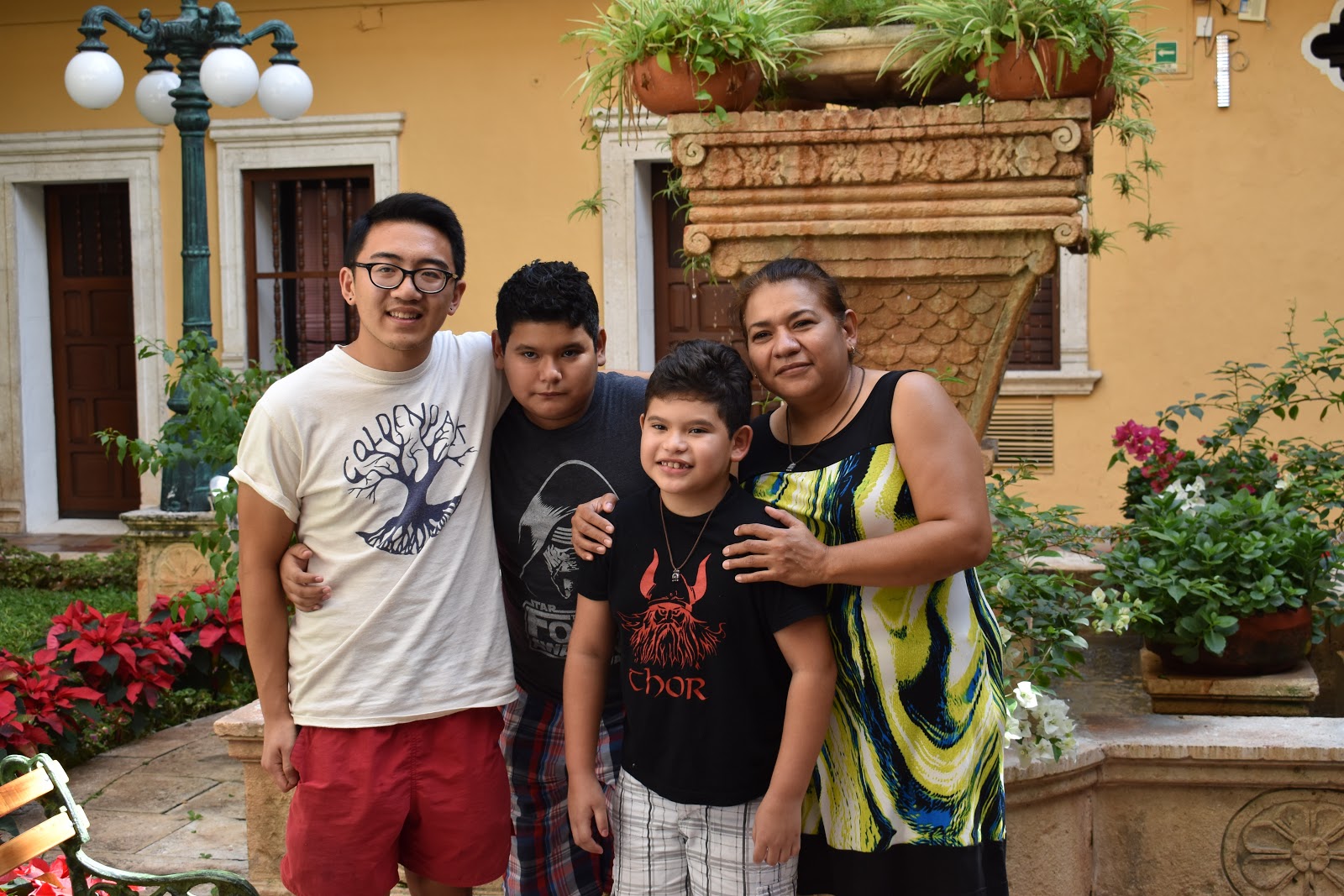 |
| An and his family. |
 |
| Kira and her family. |
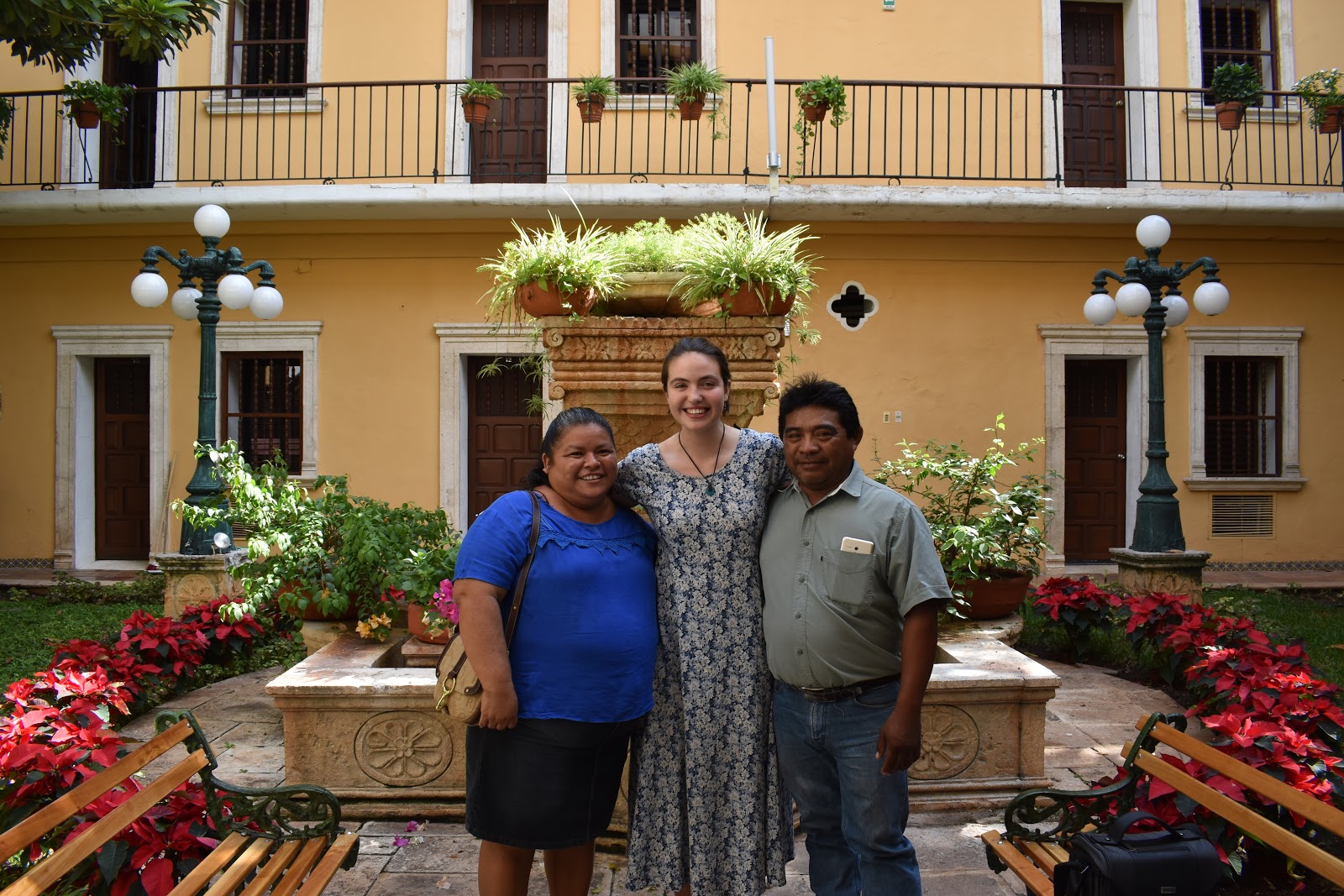 |
| Sahra and her family. |
 |
| Ella and her family. |
 |
| Emmanuelle and her family. |
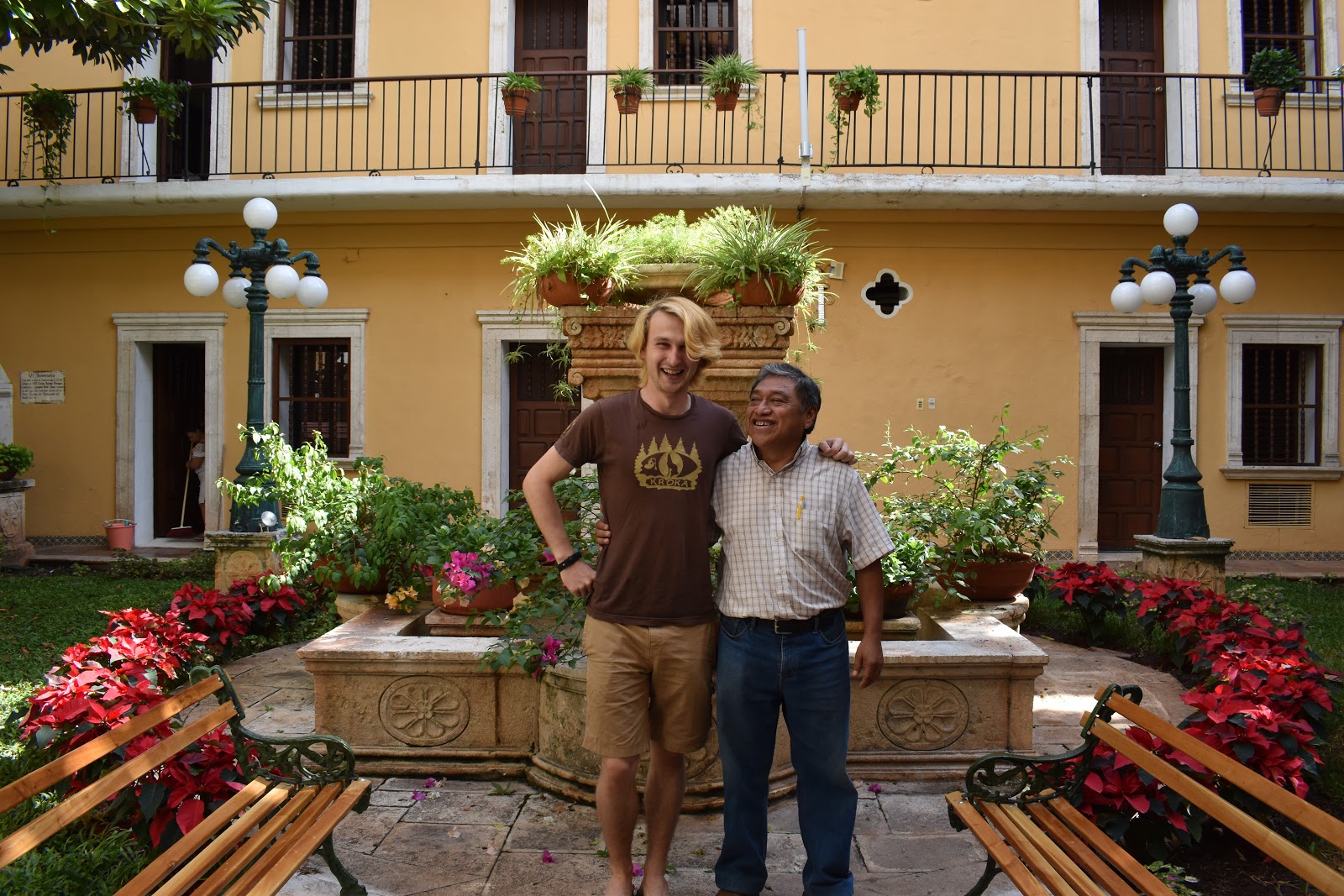 |
| Thomas and his dad. |
 |
| Petra and her mom. |
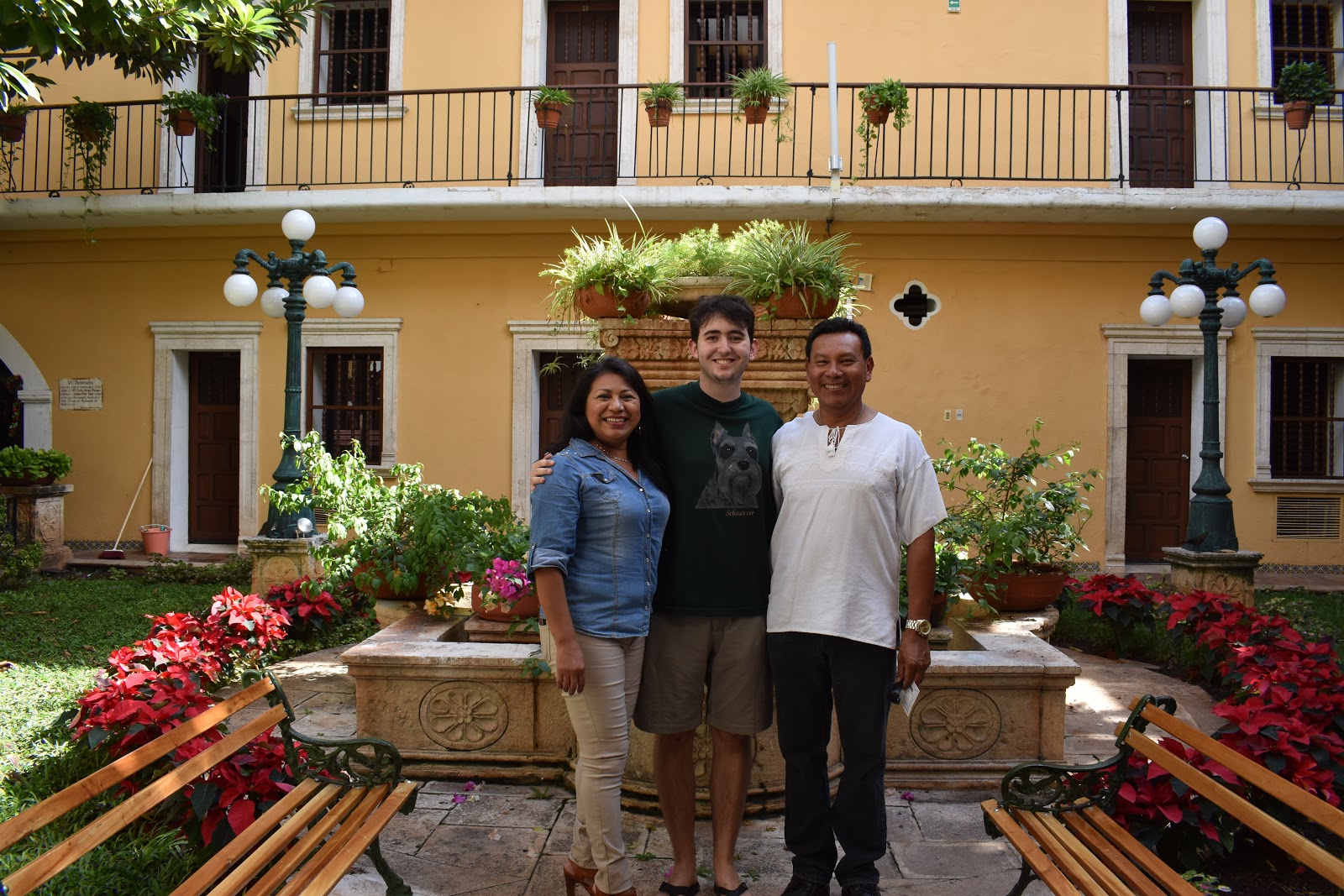 |
| Griffin and his family. |
 |
| Morgan and her family. |
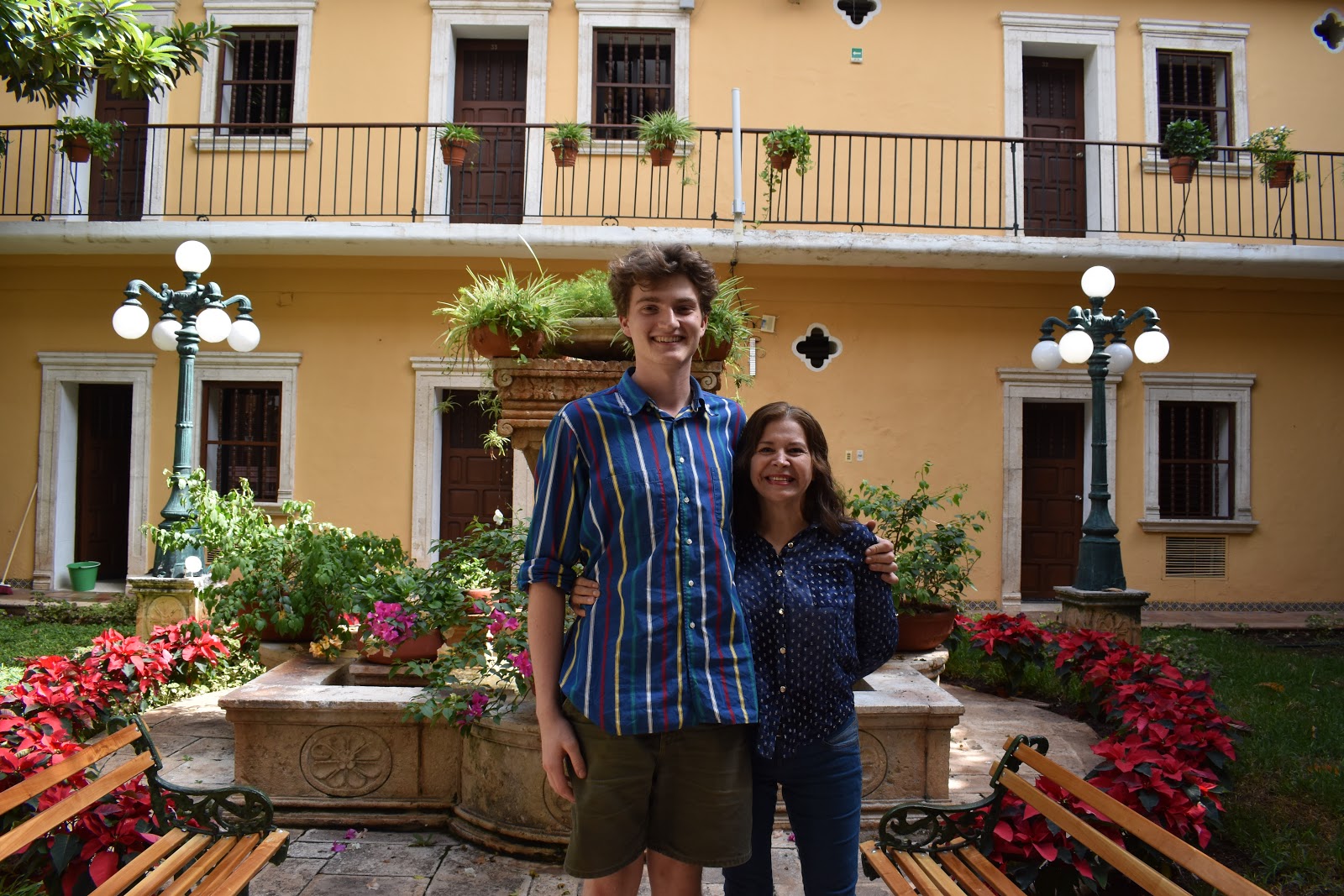 |
| Maxim and his mom. |
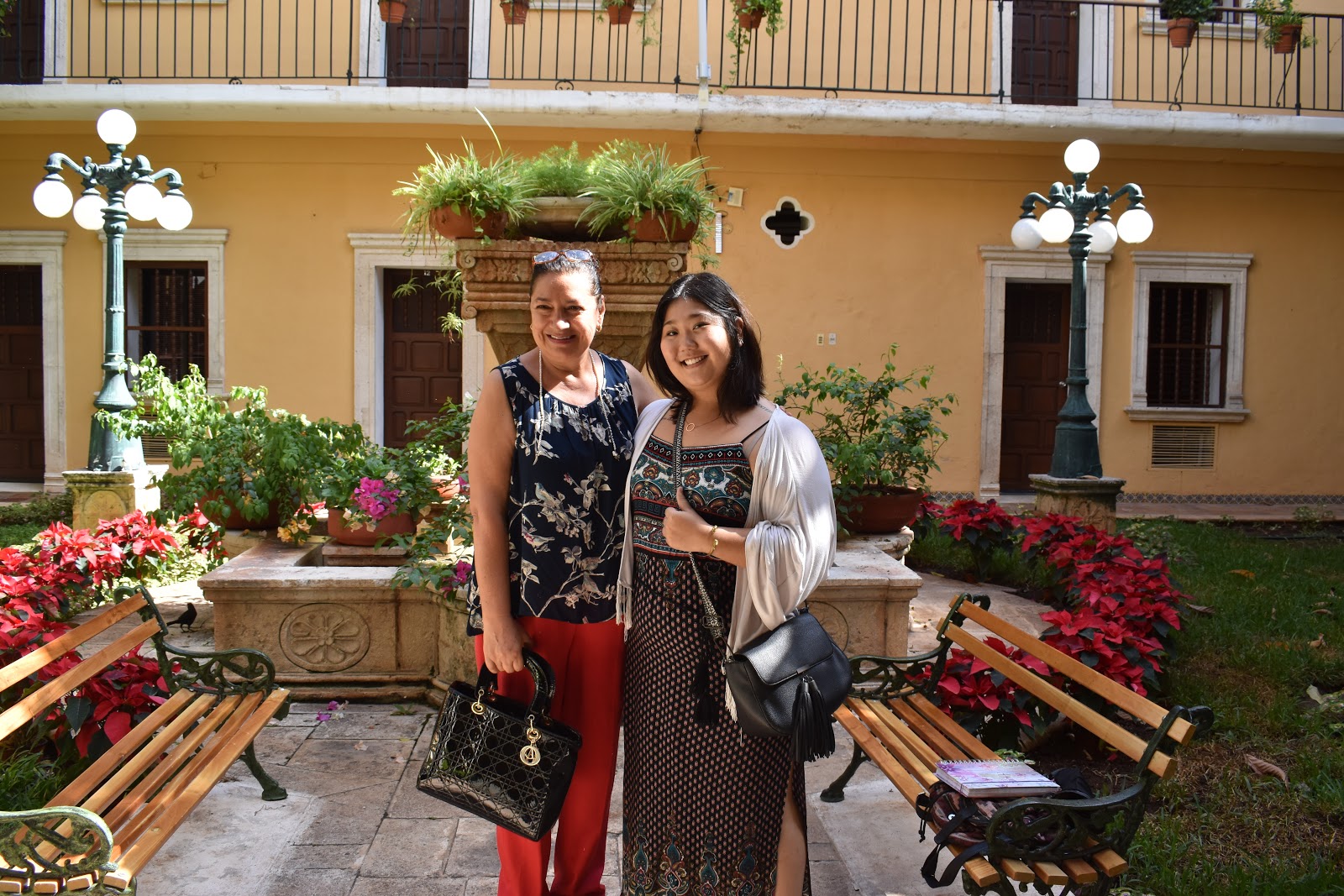 |
| Marina and her mom. |
Students will live with their host families, attend holiday parties, go to church events, share meals, and do everything their families do throughout the program. By the end of which they will be a true member of the family.
We are so excited for all the experiences to come for our students and their families! We can’t wait to see what they do next!